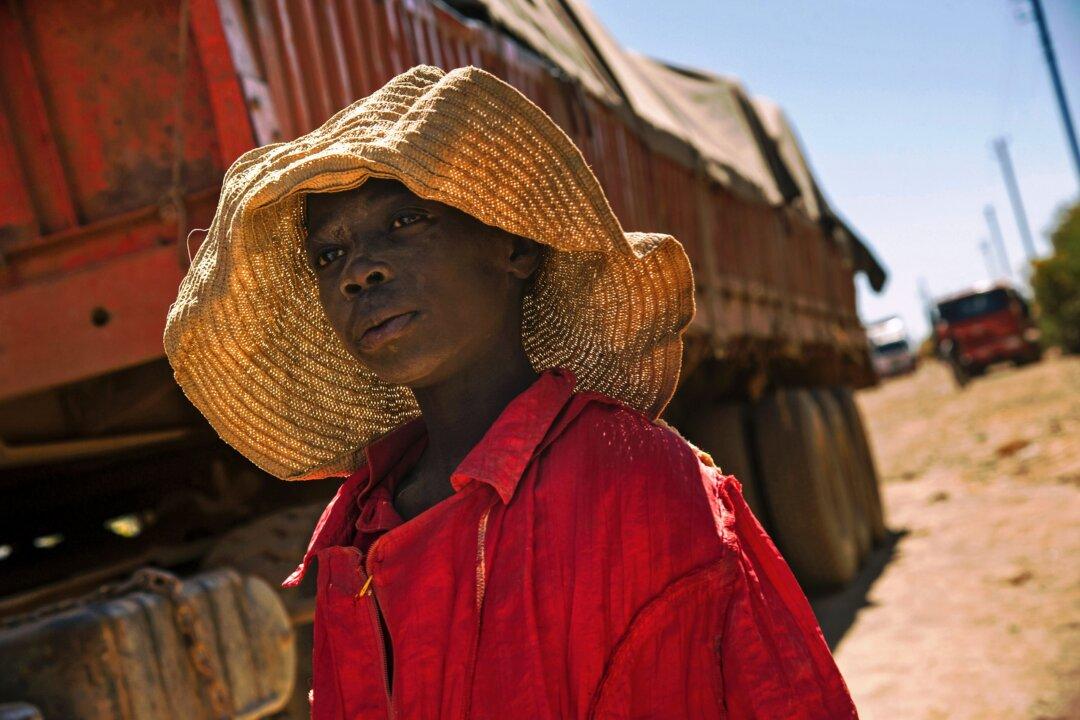A class-action lawsuit on behalf of a group of mothers and children from the Democratic Republic of the Congo (DRC) against five U.S.-based Big Tech giants may short-circuit President Joe Biden’s plans to electrify American transportation.
Biden’s American Jobs Plan includes $15 billion to build “a national network of 500,000 charging stations” for the electric vehicles (EVs) he wants Americans to adopt as part of his vision for eliminating the use of fossil fuels. Putting millions of new EVs on U.S. highways means skyrocketing demand for batteries that are at the heart of the litigation.





